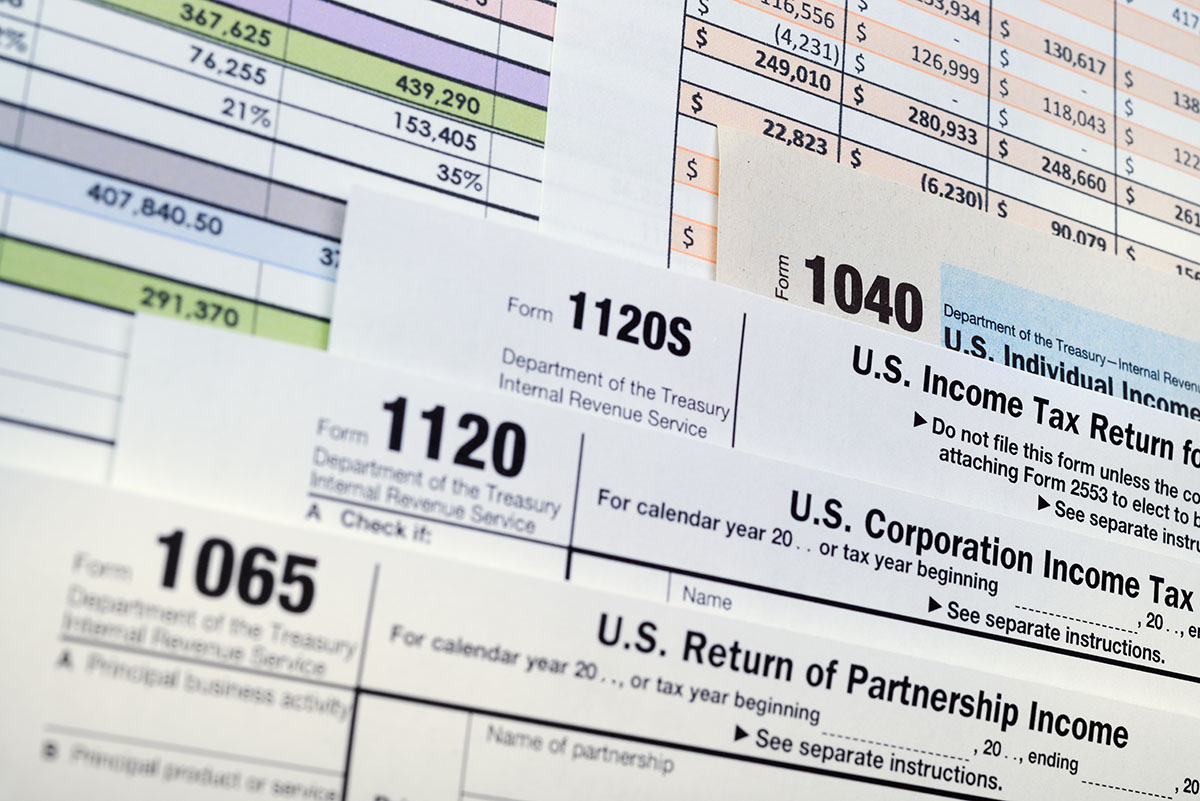Tax planning is a crucial aspect of managing any business, regardless of its size or industry. It involves the process of analyzing a business’s financial position and determining the best strategies to reduce its tax liability while remaining compliant with tax laws and regulations. Effective tax planning can have numerous benefits for a business, including:
- Lower tax liability: One of the most obvious benefits of tax planning is reducing a business’s tax liability. By identifying the available deductions, credits, and exemptions that the business is entitled to, tax planning can significantly reduce the amount of tax that a business must pay. This can free up more cash for investment in the business or for other essential expenses.
- Improved cash flow: Effective tax planning can help a business to better manage its cash flow. By reducing tax liability, businesses can allocate more funds to essential business expenses or invest in business growth opportunities. This can also enable a business to take advantage of early payment discounts or to pay vendors and suppliers on time.
- Increased profitability: Lowering tax liability and improving cash flow can lead to increased profitability for a business. With more funds available to invest in the business or to distribute to shareholders, businesses can grow and expand, ultimately increasing their profitability.
- Better compliance: Tax planning involves a thorough understanding of tax laws and regulations. As a result, it can help a business to remain compliant with tax laws, avoiding costly penalties and fines.
- Reduced risk: Tax planning can also help to mitigate risk for a business. By analyzing a business’s tax situation and identifying potential issues or areas of risk, tax planning can help a business to take proactive steps to avoid potential problems.
- Greater flexibility: Effective tax planning can provide businesses with greater flexibility in managing their finances. By reducing tax liability and improving cash flow, businesses can take advantage of opportunities as they arise, invest in growth, and adapt to changing market conditions.
- Increased competitiveness: By reducing tax liability and improving profitability, tax planning can help businesses to remain competitive in their respective markets. With more funds available to invest in the business and to pay employees, businesses can attract and retain top talent and offer more competitive pricing to customers.
Tax planning is an essential aspect of managing any business. It can provide numerous benefits, including lower tax liability, improved cash flow, increased profitability, better compliance, reduced risk, greater flexibility, and increased competitiveness. As such, businesses should prioritize tax planning as a key component of their financial management strategy. By working with the qualified tax professionals at Intentional Accounting and implementing effective tax planning strategies, businesses can optimize their tax position and achieve long-term financial success.












